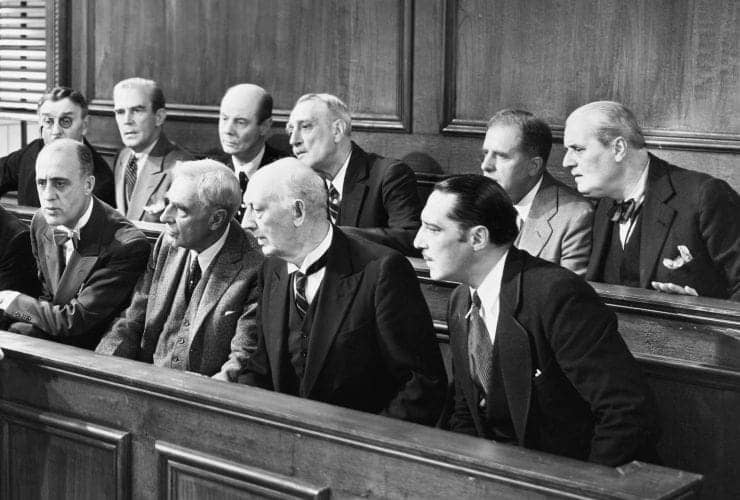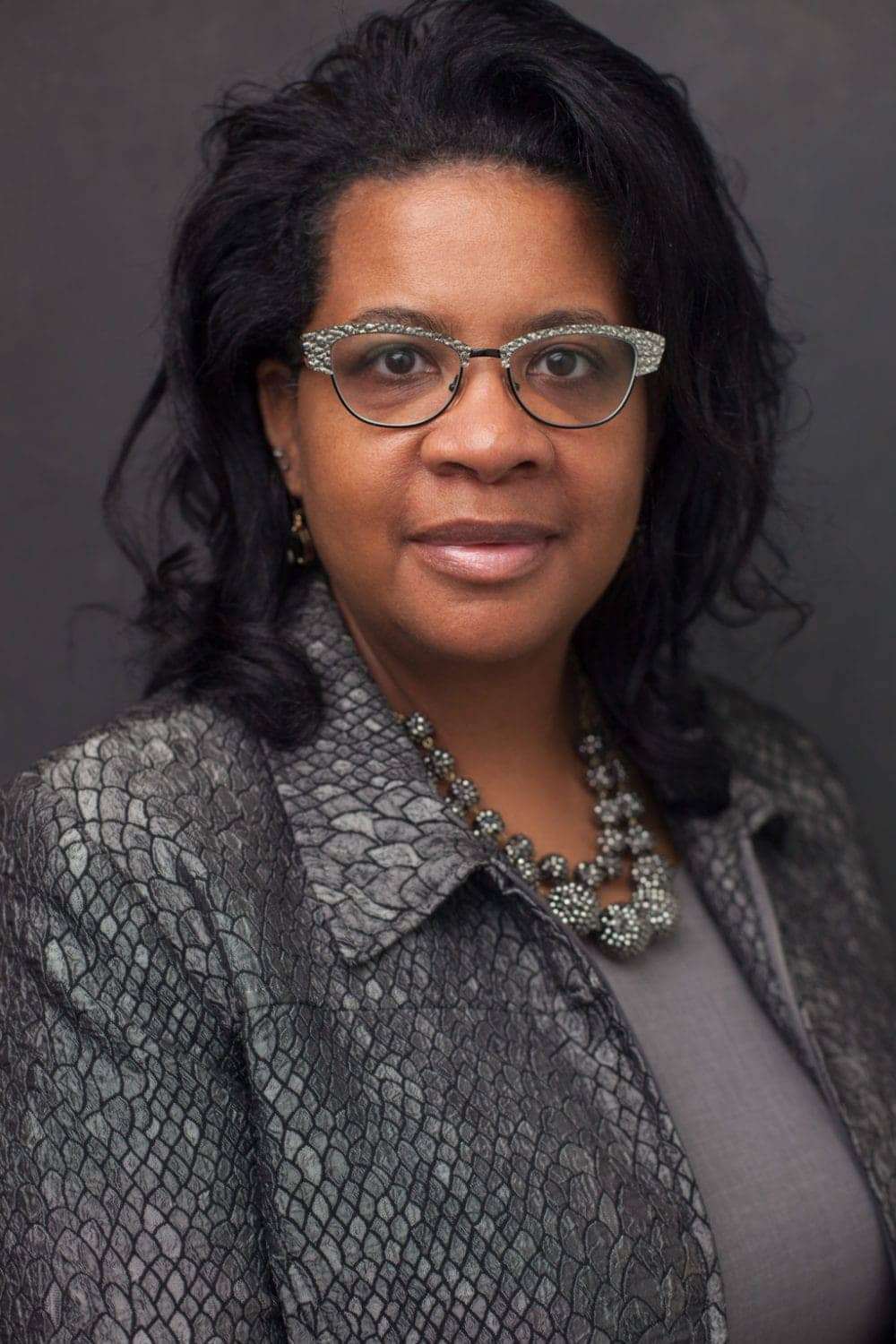
by Angela A. Allen-Bell
When chattel slavery ended, the nation had a gargantuan decision to make. Either it would grant full political rights − voting, office holding and jury service − to the newly emancipated people and, in so doing, afford them a legitimate opportunity to experience citizenship in its entirety or it would continue to withhold political rights out of a commitment to white supremacy and Black inferiority. It chose the latter and made voter suppression its immediate priority, post-emancipation.
When the framers drafted the Constitution and the Bill of Rights, they did not incorporate the right to vote. Subsequent amendments never corrected this. The amendments only tell states what they cannot do when it comes to voting rights; they don’t tell states what they have to do to ensure voting rights. This framework has sustained national voter suppression efforts.
Voter suppression would soon join hands in matrimony with jury suppression. When a jury is activated, there is an obscure entanglement with the right to vote, despite some aspects of this union being hidden in plain sight. By its most basic terms, a jury is a voting body (in that its role is to cast a vote). But the relationship between jury service and the vote is even more nuanced.
Voter registration lists are often used to select prospective jurors.* Blacks happen to be underrepresented on voter registration lists. Overwhelmingly, studies of this issue conclude the use of supplemental or multiple source lists are preferred over exclusive reliance on voter registration records. Yet, in 2021, some courts defend the exclusive use voter registration records to create the pool of possible jurors, knowing the threat this poses to the achievement of jury diversity.
Excluding Blacks from jury service is as harmful as is denial of the vote.
Juries serve as “instruments of public justice” (see Taylor v. La., 419 U.S. 522 (1975)) or as a means by which citizens engage in self-government. Excluding Blacks from jury service is as harmful as is denial of the vote. It prevents them from experiencing citizenship or from serving as stakeholders in the country they built.
It also harms the accused in immeasurable and irreversible ways. Jurors from a cross section of the community bring different life experiences and perspectives to jury deliberations, leading to more informed discussions and greater public confidence in the judicial process. Studies show that the racial composition of the jury influences the content and scope of the discussions. They also show that racially mixed juries tend to deliberate longer, discuss more case facts, and raise critical questions about evidentiary shortcomings during the trial.

The bonds of voter suppression and jury suppression can no longer be blessed. You now know reasons why this couple should not be joined in holy matrimony. Speak now or forever hold your peace!
*The process of selecting a jury begins when the clerk selects a pool of potential jurors from a list of names, such as a list of registered voters. This initial potential jury pool is referred to as the “source list.” The second step is creation of the “Master Wheel,” which remains unchanged for a four-year period. Names are randomly selected from the “source list” for inclusion on the “Master Wheel.” Third, there must be certainty that only qualified people appear on the “Master Wheel.” Qualifications for jury service vary slightly by jurisdiction, but typically jurors are required to be citizens, at least 18 years old, proficient in English, and without a felony conviction. Questionnaires are sent to a random sampling from this group in an effort to determine eligibility. From these responses, a “Qualified Wheel” is created and, as trials happen, citizens who appear here are called in for jury service.
Angela Allen-Bell is an endowed professor at Southern University Law Center in Baton Rouge, Louisiana. She has been named one of the Top 100 National Black Lawyers. She can be reached by email at Abell@sulc.edu or on Twitter @AngelaAllenBell.





